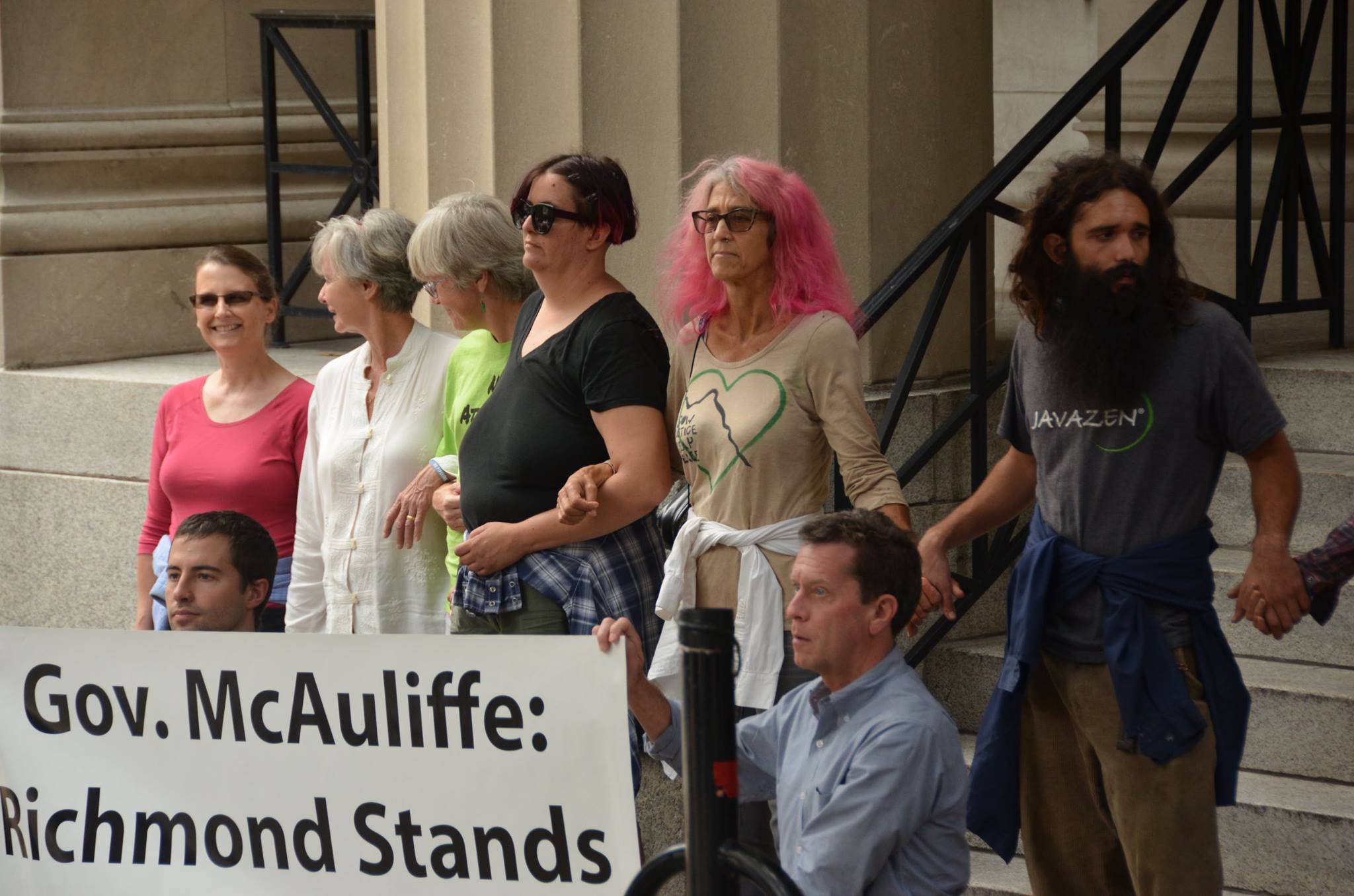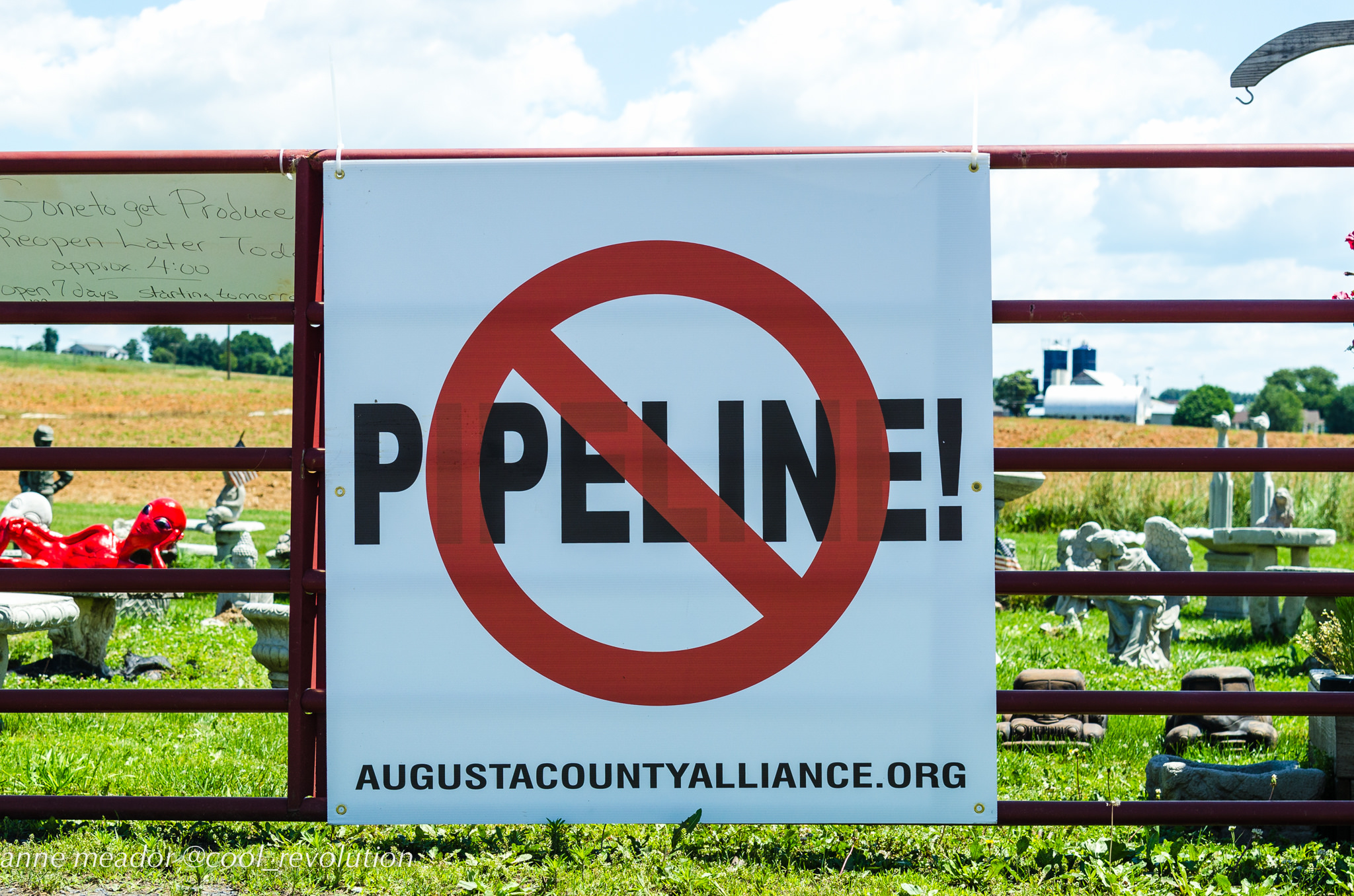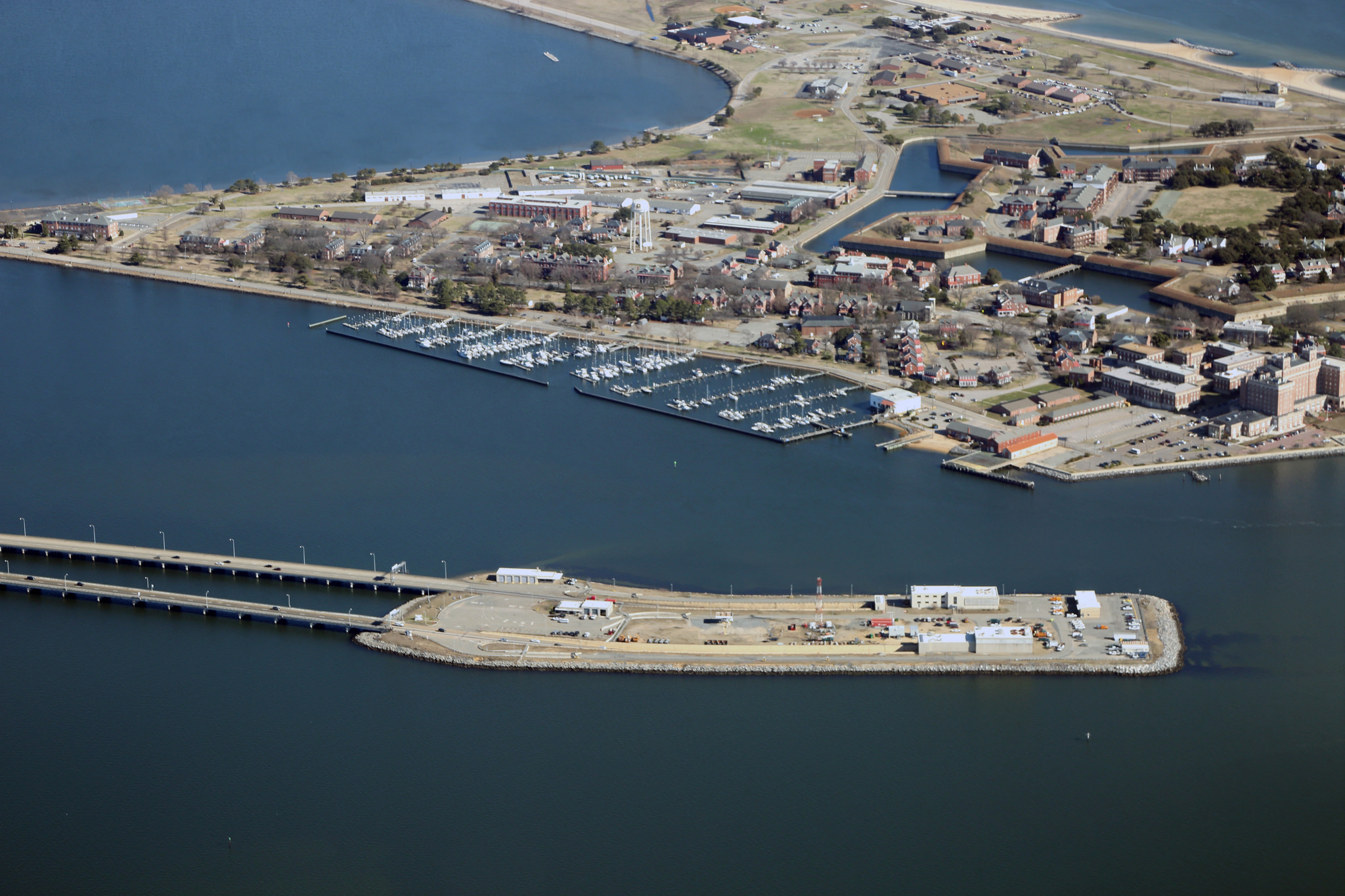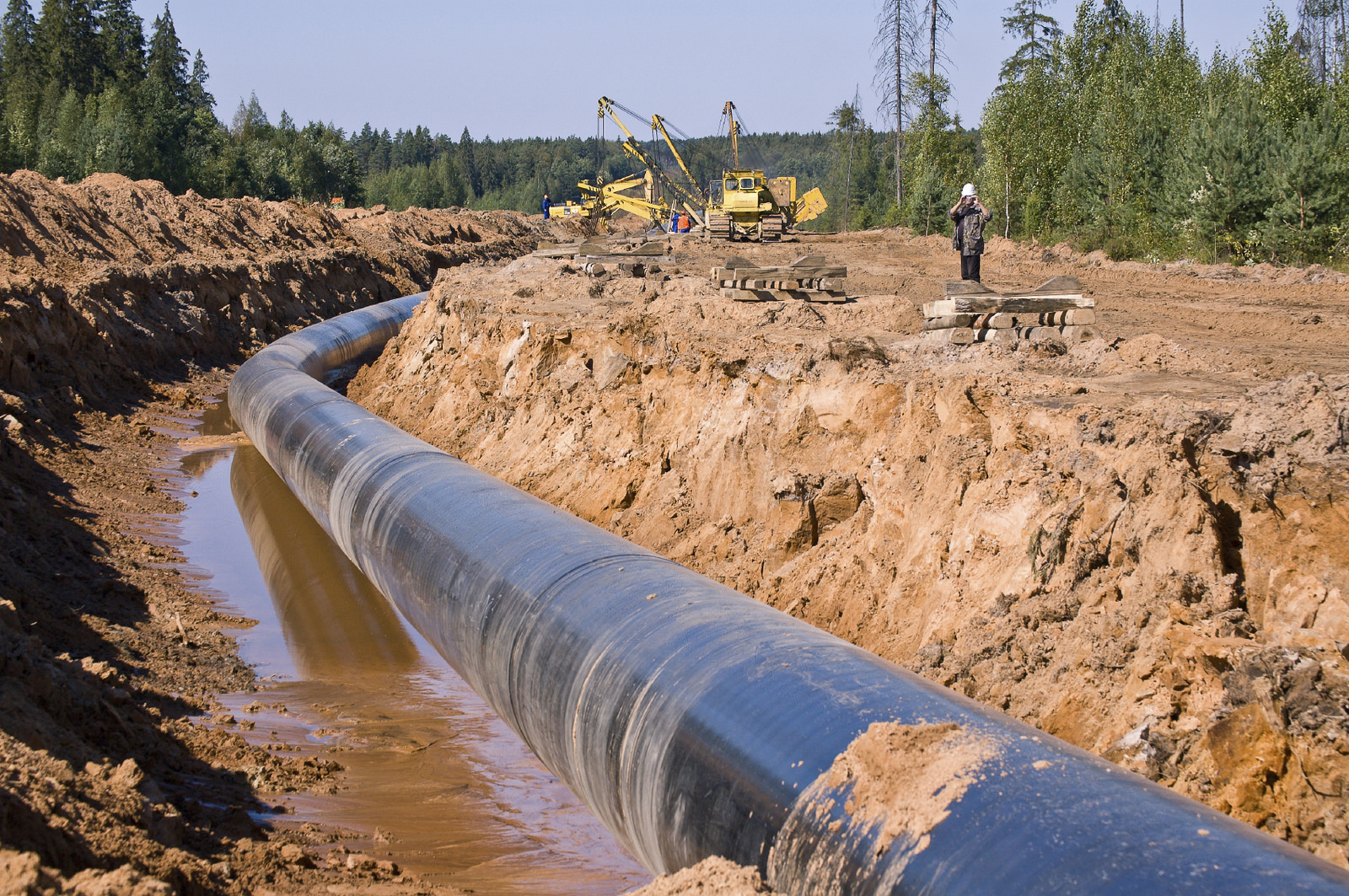Note: If you have not already, please read the Summer 2017 Pipeline Fighter installment as part of an ongoing series tracking Virginia’s pipeline resistance movement exclusively on the CCAN Blog Page.
On September 13 and 14, Virginians from across the Commonwealth made environmental movement history in the state. For two consecutive days of action, the ever-growing coalition in opposition to the Mountain Valley and Atlantic Coast Pipelines gathered at the same time at each of the Commonwealth’s seven Department of Environmental Quality (DEQ) offices, spanning every corner of Virginia.
The participants, spanning across the entirety of the Commonwealth, included faith leaders from diverse traditions, landowners, military veterans, Appalachian trail enthusiasts, climate refugees, students, and environmentalists. These groups came together in a never-before seen level of statewide coordination with one unified message: Governor McAuliffe’s DEQ must keep its original promise to the public and conduct site-specific permitting for each of the waterways crossed by these two massive fracked-gas pipelines.
This would follow the precedent set by New York Governor Andrew Cuomo’s use of section 401 of the Clean Water Act to to stop the dangerous Constitution pipeline in 2014, a decision upheld by a Federal Appeals Court in August.
At noon on Wednesday, September 13, hundreds of faith and spiritual elders gathered at every single DEQ office in Virginia: Richmond, Abingdon, Woodbridge, Glen Allen, Roanoke, Virginia Beach, and Harrisonburg, where they gathered in an interfaith prayer service. In Roanoke, congregants joined in song, in Richmond participants witnessed a traditional African water libation, to highlight the central role of water, and in Virginia Beach climate refugees fleeing Hurricane Irma in Florida were honored quests in the prayer ceremony. Each ceremony included a moment of silence for those devastated by both Hurricane Harvey and Irma, both of which made landfall in the USA in the weeks and days leading up to the protest.
On September 14 at noon, participants once again gathered at all seven DEQ offices — this time with a different tone. Each location featured a press conference and a rally, where community leaders, landowners, scientists, and doctors called upon the Governor and the DEQ to do their jobs and protect Virginia’s waterways and most vulnerable communities from the Atlantic Coast and Mountain Valley Pipelines.
Representatives from each location then delivered a letter to a DEQ agency representative, detailing the specific regional concerns they had with fracked-gas infrastructure projects.
At the DEQ Central Headquarters in Richmond, nineteen people linked hands in front of the main entrance of the door, supported by the cheers and chants of dozens of supporters, as they refused to leave until the pipelines were stopped. The “sit-in” caused the headquarters to functionally be on lockdown for over an hour and half until the activists were all arrested and issued court summons’ on the spot.
It’s clear that our protests made a real difference. In the days that followed these actions, both North Carolina and West Virginia announced significant setbacks in the permitting process of these pipelines.
Yet inexplicably, the Virginia DEQ has since doubled-down on its proposed timeline — with permits potentially being issued as early as November.
Now, more than ever, we need to show the Governor and the DEQ that all Virginians of conscience stand as an unwavering united front against these pipelines that would wreak havoc on our water, climate, and most vulnerable communities.
Let your voice be heard TODAY, and call Governor McAuliffe’s office and tell him No ACP, NO MVP, NO PIPELINES.
Digging Deeper: How FERC Fails the Public on the Atlantic Coast Pipeline
On July 21, Federal regulators issued a deeply-flawed final environmental review for the Atlantic Coast Pipeline (ACP). We know that the pipeline would threaten hundreds of bodies of water, putting the drinking water for thousands of communities at risk. We also know that the Atlantic Coast Pipeline would fuel climate disaster while blocking the transition we urgently need to clean energy and efficiency solutions. It is not surprising that this review from the Federal Energy Regulatory Commission (FERC) is completely inadequate, given what we have seen in the past.
But it’s worth breaking down just how FERC gets it wrong on climate change — and what else it completely ignores.
Climate Change
The Final Environmental Impact Statement (FEIS) continues to ignore the lifecycle greenhouse gas emissions of the Atlantic Coast Pipeline. It entirely fails to consider emissions from fracking that this massive pipeline would trigger, and seriously discounts the emissions from burning the natural gas.
FERC concludes that the ACP would emit approximately 30 million tons per year of CO2 equivalent. This number is less than half of the emissions the ACP would actually trigger. A proper analysis by our friends at Oil Change International found that the ACP would cause 68 million metric tons of greenhouse gas pollution per year, which is the equivalent of 20 U.S. coal plants or over 14 million vehicles on the road.
FERC insists, as it has in past analyses, that “the upstream production and downstream combustion of gas is not causally connected [to the ACP] because the production and end-use would occur with or without the projects.”
This claim would be laughable if the consequences of climate change weren’t so severe.
FERC is ignoring its own role in approving all interstate gas pipelines, which are essential for the expanding gas production in the Appalachian basin. Even if you accept FERC’s premise that fracking for gas would occur without the ACP, which we don’t, you can’t ignore the fact that new pipelines generally trigger new fracking. And it’s FERC that approves all new interstate pipelines. A study by Oil Change International found that the Appalachian basin is the region with the greatest potential for growth in dangerous fracking, and developers are eager for pipelines to make high levels of fracking economical. There are currently 19 pipelines proposed in this region being considered by FERC. These pipelines would be a global warming bomb.
For the first time, FERC included a discussion of the Clean Power Plan in its review — but it provided no context or analysis for how the pipeline would impact a state’s goal under the plan. The purpose of the National Environmental Policy Act is to meaningfully inform the public about the consequences of a major federal action before it takes places. Referencing the Clean Power Plan for the first time with no context does not provide meaningful information the public needs to evaluate the ACP and falls short of NEPA.
The draft analysis included a discussion of why the Council on Environmental Quality’s climate guidance, issued under the Obama Administration, didn’t apply to the ACP. FERC removed that discussion in this final draft. Instead it inserted a footnote discussing Trump’s executive order directing federal agencies to not consider indirect climate impacts in their environmental reviews, such as the increased fracking that would come with the ACP.
These pipelines are meant to last 50 years or more, according to NPR. They are presented as climate-friendly alternatives to coal, but they serve only to lock us into a new form of dangerous fossil fuel instead. Methane, the primary component of natural gas, is 86 times more potent than carbon dioxide over a 20-year period. The ACP would lock us into decades of reliance on fossil fuels when we know we need to move to clean sources of energy, like wind and solar.
Ridgetop Removal
The FEIS does not require Dominion to make any changes to minimize ridgetop removal, period.
Experts studied the draft EIS to find that the construction of this pipeline would result in 38 miles of mountain ridgetop removal. For perspective, the height equivalent of a five-story building would be erased in places from fully forested and ancient mountains, much of it near the treasured Appalachian Trail.
Despite the outcry and unimaginable impacts from removing miles of ridgetops, not much changed in FERC’s final review. FERC still expects construction of the pipeline to require 125 feet of clearing width in mountainous regions. The agency directly states that “clearing and grading . . . would level the right-of-way surface.”
Furthermore, Dominion has yet to reveal how it intends to dispose of at least 247,000 dump-truck-loads of excess rock and soil—known as “overburden”—that would accumulate from the construction along just these 38 miles of ridgetops. The FEIS, for the first time, tells us definitively that “excess rock and spoil would be hauled off to an approved disposal location or used a beneficial reuse.” Yet Dominion and FERC still have provided no plan for dealing with this overburden and ensuring that it doesn’t poison our waterways.
Renewable Energy
The bottom-line is this: In its determination of “need,” FERC fully fails to even consider renewable energy as an alternative to this project.
If Dominion wants to bring more energy to Virginians, it should be focusing on clean energy, like expanding its pilot offshore wind program and opening the door to widespread community solar. The last thing Virginia needs is more natural gas infrastructure.
As Southern Environmental Law Center Senior Attorney Greg Buppert stated, “It’s FERC’s responsibility to determine if this pipeline is a public necessity before it allows developers to take private property, clear forests, and carve up mountainsides. Mounting evidence shows that it is not.”
For our climate and our future, we must stop this pipeline.
Click HERE to see actions you can take right now.
Photo at the top from Flickr user cool revolution with a Creative Commons license.
Faith Leaders Release Letter Of Opposition To Atlantic Coast And Mountain Valley Pipelines
Attendees Will Reveal Sign-On Letter Of Opposition To Atlantic Coast And Mountain Valley Pipelines
Norfolk, VA – Faith leaders from Virginia’s Hampton Roads region released a letter opposing the proposed Atlantic Coast and Mountain Valley Pipelines for fracked gas on Thursday, June 8th. The letter release followed an interdisciplinary prayer breakfast in Norfolk, where leaders of local parishes, mosques, churches, temples, and worship centers spoke on the spiritual morality that calls them to stand up for our climate. During the event, the faith leaders learned about the dangers of the Atlantic Coast and Mountain Valley Pipelines, which are proposed to cross Virginia and would trigger massive climate pollution equivalent to 46 new coal-fired power plants.
The letter, signed by 29 faith leaders and members of the religious community, likened the environmental impacts of the pipeline to “attacks on the health and human rights of the people who live in their paths,” which is “contrary to the teachings of all of our religions.” They stated: “[W]e cannot allow a creation as amazing as our earth to be devastated by irresponsible and unnecessary fossil fuel infrastructure any longer.”
“Pope Francis wrote in his Encyclical Letter that we have to ‘integrate questions of justice in debates on the environment,’” said Sister Margaret McCabe, Daughter of Wisdom. “The Pope’s message of justice and compassion places on us the moral imperative to work with others for workable solutions to repair and sustain our common home.”
Dominion Energy’s Atlantic Coast Pipeline and EQT’s Mountain Valley Pipeline would together lay nearly 1,000 miles of 42-inch diameter pipe throughout the Commonwealth, threatening hundreds of waterways and putting the health of some of our most vulnerable communities at risk.
“Man’s greed has seriously damaged the earth’s ability to sustain God’s creation on Earth,” said Rev. John Myers, President of Virginia Council of Churches. “The United States in partnership with the global community must take active and aggressive steps to ensure clean air and seas so that all people have clean drinking water. It’s not a privilege. It’s a right.”
Faith leaders represented many denominations, including Islam, Judaism, Christianity, and Unitarianism. They stated in the letter: “We recognize the duty that we all have as people of faith to be stewards of our environment for the next generation of humankind that will inherit this Commonwealth and this planet.”
“In the wake of President Trump’s decision to withdraw the U.S. from the Paris Climate Agreement, we need to provide hope to each other,” said Teresa Stanley, organizer with the Interspiritual Empowerment Project. “We need each other as we commit to doing our part in the local and global struggle to address climate change and creating a sustainable environment for us all.”
The event was coordinated by the Chesapeake Climate Action Network and the Interspiritual Empowerment Project. Visit CCAN for more details on our No Pipelines Campaign.
CONTACT:
Denise Robbins, Communications Director; denise@chesapeakeclimate.org; (608)-620-8819
Harrison Wallace, Hampton Roads Coordinator; Harrison@chesapeakeclimate.org; (804) 305-1472
–
Photo at the top from Flickr user Virginia Department of Transportation with a Creative Commons license
Learn more: No New Pipelines in Virginia
Appalachian Trail Hikers Protest McAuliffe’s Support of Fracked Gas Pipelines
Dozens of hikers in full backpacking gear rally and deliver compasses to Governor, demanding a new “course” on fracking and pipelines that would harm iconic trail
RICHMOND, VA – Dozens of Appalachian Trail hikers in full backpacking gear rallied outside Governor Terry McAuliffe’s office on June 2 — the eve of National Trails Day — to oppose the Atlantic Coast Pipeline and Mountain Valley Pipeline. The hikers highlighted the fact that both pipelines for fracked-gas, each of which would cross the Appalachian Trail, would severely impact the viewsheds and water sources along the iconic trail. Following the protest, the hikers delivered dozens of compasses to the Governor’s office, demanding that he chart a new direction for the state.
Companies building the Mountain Valley and Atlantic Coast Pipelines would lay nearly 1,000 miles of fracked-gas pipeline infrastructure across West Virginia and the Commonwealth, threatening hundreds of waterways and endangered species. Recent data show that the Atlantic Coast Pipeline, supported by McAuliffe and proposed by controversial power company Dominion Energy, would blast away the tops of 38 miles of mountain ridges in West Virginia and Virginia, much of it near the Appalachian Trail. The proposed Mountain Valley Pipeline would likewise deforest and harm valleys and mountains along the trail, causing permanent damage to iconic views.
“The Mountain Valley Pipeline and Atlantic Coast Pipeline are both unnecessary and dangerous projects,” said Jessica Sims, lifelong hiker from Midlothian, Virginia. “They would be irreversibly traumatic to Virginia’s landscape — physical manifestations of disregard for the environment. They are attacks on that which I love: Virginia, the Appalachian Trail, the Blue Ridge Mountains, our park systems, our tourism industry, our water, our ecosystems and our history.”
“I know these mountains, these waters, these forests, and how fragile they are,” said Kathleen “Kit” Johnston, a member of Wild Virginia and Appalachian Voices from Reva, Virginia. “That’s why McAuliffe must say NO to cutting hundreds of miles of pipeline access under and through our ancient mountains, invaluable forests, and irreplaceable waters.”
Virginia’s Department of Environmental Quality (DEQ), which McAuliffe oversees, recently abandoned its promise to conduct thorough, site-specific reviews of the impacts that the Mountain Valley and Atlantic Coast pipelines would have on water quality. Now, the agency wants to abdicate that responsibility to President Trump’s Army Corps of Engineers, which is expected to issue a blanket one-size-fits-all permit that does not look at each individual stream crossing, and therefore does not fully protect these water bodies.
“I’ve been a proud hiker of the Appalachian Trail since I was a kid,” said Mike Tidwell, member of the Potomac Appalachian Trail Club. “But with the Governor’s support, the Atlantic Coast Pipeline and the Mountain Valley Pipeline for fracked gas would decapitate mountains within view of the trail and plow through geologically fragile areas. The pipelines would threaten not only water along the trail, but also water for farmers and communities across 13 counties. This is horrifying, and must be stopped.”
The hikers also referred to the climate change impacts of the pipelines. The two pipelines would together create annual greenhouse gas emissions equivalent to doubling all of Virginia’s current power plants combined. If built, these pipelines would lock us into another generation of unacceptable and unnecessary fossil fuel extractions.
“Climate change threatens our mountains, our forests, our rivers, and the entire ecosystem that we depend on,” said Lorne Stockman, lifelong hiker from Staunton, Virginia and senior researcher at Oil Change International. “These pipelines will not only disrupt the Appalachian Trail, but also fuel the destruction of our climate. With Trump pulling the U.S. out of the Paris Accord, it is up to us to defend our future and stopping these pipelines is at the top of our pack list.”
This rally was one of the largest political acts ever in Richmond held by defenders of the Appalachian Trail.
CONTACT:
Stephanie Weber, Virginia Director, Chesapeake Climate Action Network; stephanie@chesapeakeclimate.org; 757-871-8639
Denise Robbins, Communications Director, Chesapeake Climate Action Network; denise@chesapeakeclimate.org; 608-620-8819
McAuliffe officials reverse promise on pipelines. Time to act.
Seven weeks ago, we applauded the McAuliffe Administration’s announcement that it would conduct thorough, site-specific reviews of the impacts that the Mountain Valley and Atlantic Coast pipelines would have on water quality. After years of public pressure, the Department of Environmental Quality (DEQ) was finally planning to give these massive pipelines the thorough environmental review they deserve.
On Wednesday, DEQ abandoned that promise.
The agency says it made a mistake. It was never planning to look at the pipelines’ impacts to Virginia streams, DEQ now says. Instead, the agency wants to abdicate that responsibility to President Trump’s Army Corps of Engineers, which is expected to issue a blanket one-size-fits-all permit that does not look at each individual stream crossing, and therefore does not fully protect these water bodies.
This is Gov. McAuliffe’s responsibility! DEQ works for him. Tell McAuliffe the state MUST do more to protect VA’s waterways.
Back in April, the DEQ was unequivocal. We will look “at each wetland, stream crossing … separately, to determine specific requirements that would be necessary” to protect Virginia waterways, a DEQ spokesperson told the Roanoke Times.
This was hopeful news. If the DEQ carries out thorough, site-specific reviews, we believe it will have had no choice but to reject these disastrous pipelines. There’s no doubt that building the pipelines across steep, well-watered, forested mountain landscapes will harm water resources, including heavy sedimentation of streams, alteration of runoff patterns and stream channels, disturbance of groundwater flow, and damage to springs and water supplies.
The Army Corps process does not involve site-specific analyses. We have no confidence that the Corps’ permit will be sufficient for such a complex project across the state’s steepest mountains. The DEQ is evading its responsibility to conduct thorough reviews of all threats to water quality posed by these pipeline projects.
The state must do more to protect Virginia’s waterways from pipelines. Call McAuliffe today.
Virginia Military Veterans Speak Out Against Fracked-Gas Pipelines
New letter signed by military veterans from all branches announces opposition to the Atlantic Coast Pipeline and Mountain Valley Pipeline
RICHMOND, Virginia– Military veterans from across Virginia released a letter today opposing two proposed fracked-gas pipelines: Dominion Energy’s Atlantic Coast Pipeline and EQT’s Mountain Valley Pipeline. These pipelines would cross through pristine areas of Virginia, taking private property by use of eminent domain, removing mountain ridgetops, and threatening valuable drinking water resources. The veterans view this as contrary to their service to protect and defend the freedom and security of American citizens.
Their letter, released on Thursday, May 25th, is signed by 14 Virginia veterans from all five branches of the military. The veterans signing the letter state: “We stand together to support our citizens and our Constitution. We stand against [the Atlantic Coast Pipeline and Mountain Valley Pipeline] because we stand against the seizure of private property for corporate gain. Both of these proposed pipelines would create new sacrifice zones and abuse eminent domain to strip property owners of land that, in many cases, has been in their families for generations. This direct attack on the constitutional rights of landowners goes against the oath we all took when we volunteered to serve this great country.”
“As veterans we took an oath to support and defend the constitution of the United States from all enemies, foreign and domestic,” said Adam Fischbach, Hospital Corpsman Second Class, U.S. Navy. “The Constitution was written to protect the rights of American citizens. Now, when we allow a private corporation such as Dominion to overpower individual rights in the name of unjustified business profits, we have lost what it means to be American and to our right of life, liberty and the pursuit of happiness. We, as veterans must take a stand to ensure that individual rights are not stepped on in the name of economic advancement for the fossil fuel industry.”
The letter discusses the battle between indigenous communities and police forces at Standing Rock, when thousands of military veterans showed up to form a human shield around the water protectors when their communities were under threat from the Dakota Access Pipeline. The signatories state: “We will continue to embody that spirit to protect our communities against the Atlantic Coast and Mountain Valley Pipelines.”
“Pipeline companies target communities like Newport, Virginia because they think we won’t make trouble for them due to our rural values,” said Russell Chisholm, US Army, Desert Storm and Newport resident. “They ignore the fact that people of faith live here. Veterans and active duty service members live here and we take our oath to ‘support and defend’ as a life-long promise. We stand up when Americans are threatened. You better believe we are going to stand up when fellow veterans are threatened.”
In the letter, released on behalf of Veterans Service Corps., the signatories renounce the pipelines for ensuring “that Virginia remains shackled to fossil fuel extraction for another generation.” They call for action on climate change, noting a “proven demand for a future that is powered by clean energy and innovation.”
“It’s time we stopped looking backwards at dirty energy technologies of the past and started creating jobs in energy efficiency, solar, and wind energy,” said Dave Belote, Colonel (retired), U.S. Air Force. “Hampton Roads should be the center of a mid-Atlantic offshore wind industry that can employ thousands, maximize the use of our port facilities, and point the way to a clean, resilient future.”
The joint letter will be sent to Governor Terry McAuliffe as well as each of the five Virginia gubernatorial candidates: Lieutenant Governor Ralph Northam, Tom Perriello, Ed Gillespie, Virginia Senator Frank Wagner, and Corey Stewart.
The letter can be read in full here.
Contact: Jamshid Bakhtiari, jamshid@chesapeakeclimate.org, (757) 386-8107.
Photo at the top from Flickr user Joe Brusky with a Creative Commons license.
Governor McAuliffe Needs A Compass. We'll Give It To Him.
I’ve been a proud hiker of the Appalachian Trail since I was a boy. And I always take my trusty compass. It’s gotten me out of lots of jams on the trail.
Now, on June 2nd, on the eve of National Trails Day, I want to invite you – my fellow Virginia trail hikers — to Governor Terry McAuliffe’s house so we can give HIM a compass. The Governor supports two massive pipelines for fracked gas that, if built, would dramatically harm the Appalachian Trail. Terry McAuliffe, in other words, is clearly LOST, and he needs our help. Come to Richmond on June 2nd with all your backpacking gear – and bring a compass to give the Governor.
I’m a member of the Potomac Appalachian Trail Club, and there are three things hikers like me depend on.
The first is access to clean, reliable water along the trail. Without water, we cannot hike.
The second is our appreciation for beautiful mountain vistas. That’s why we hike. Along the Virginia AT, those vistas include places like Angel’s Rest, the Dragon Tooth, and Kelly Knob.
But the Atlantic Coast Pipeline and the Mountain Valley Pipeline for fracked gas could harm all this, each crossing the AT with great impact. With the Governor’s support, companies like Dominion Energy want to plow these pipelines through geologically fragile areas that could threaten not only water along the trail, but water for farmers and communities across 13 counties.
As for vistas, this is horrifying: the companies want to clear cut and then blast off the tops of at least 38 miles of ridgetops – some within view of the AT — across Virginia and West Virginia to make room for the pipelines’ wide paths. They will decapitate these mountains. And the views and ecological health of places like Angel’s Rest and Dragon Tooth will be severely impacted.
Which is why Governor McAuliffe needs the third thing critical to hikers: a compass! He needs to chart a new course that opposes these pipelines and protects our Appalachian Trail.
Won’t you join me on Friday June 2nd, in Richmond? We’ll give the Governor our compasses and ask him to do the right thing.
RSVP TODAY!
If you can’t make it to Richmond, give McAuliffe a call right now to tell him to REJECT these pipelines. Or, share this video with all your friends:







